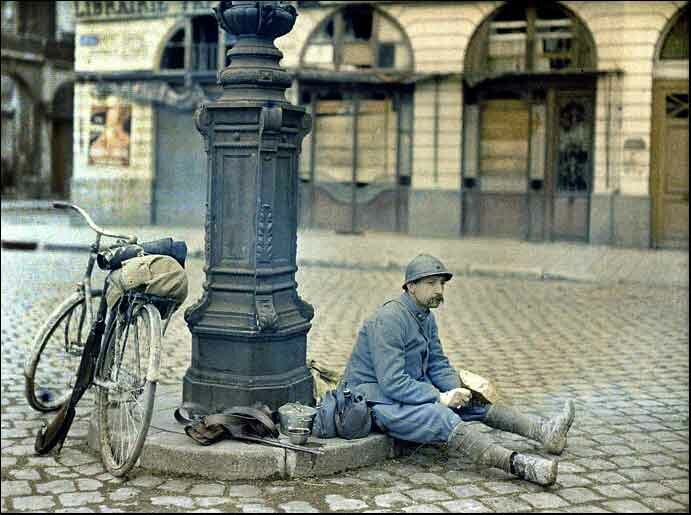 Elizabeth Green Musselman admits to have a great love for the city of Berlin as she issues the third episode of her podcast The Missing Link from this wonderful city. Wonderful, I say, because I can only agree. I love Berlin and have very fond memories, especially of Prenzlauer Berg. Another agreement we have is about Wim Wenders's film that takes place in Berlin and catches the melancholy atmosphere of the city: Wings of Desire. Wings of Desire? It took me a moment, but the description left no doubt, it is the same film, I just know it as Der Himmel über Berlin.
Elizabeth Green Musselman admits to have a great love for the city of Berlin as she issues the third episode of her podcast The Missing Link from this wonderful city. Wonderful, I say, because I can only agree. I love Berlin and have very fond memories, especially of Prenzlauer Berg. Another agreement we have is about Wim Wenders's film that takes place in Berlin and catches the melancholy atmosphere of the city: Wings of Desire. Wings of Desire? It took me a moment, but the description left no doubt, it is the same film, I just know it as Der Himmel über Berlin.Elizabeth takes us on two tours, one to the Charité, where the sad fate of Berlin's dying came together with the foundations of pathology. After the musical break (music is prominently featured in this podcast) we find ourself in the Phonogram Archive, which is host to what today would be called World Music, but which set out to be a repository for the study of Musical Ethnography. How close ethonography grazes on racism and how close racism in Germany spells disaster everybody knows. Yet, the archive gives us a treasure trove of ethnic sounds, some of which are extinct. How skillfully Green Musselman captured the melancholy!
 As a conclusion I want to recommend this podcast. It has only started and it will try to produce episodes once a month, which is not much by podcasting standards, but the quality is great from the get go. Exquisite listening, entertaining and educating at the same time.
As a conclusion I want to recommend this podcast. It has only started and it will try to produce episodes once a month, which is not much by podcasting standards, but the quality is great from the get go. Exquisite listening, entertaining and educating at the same time.



